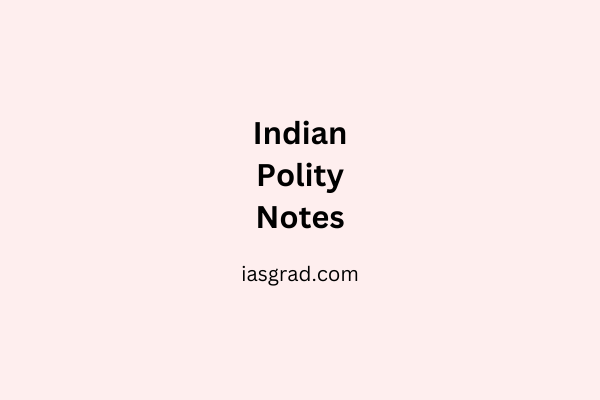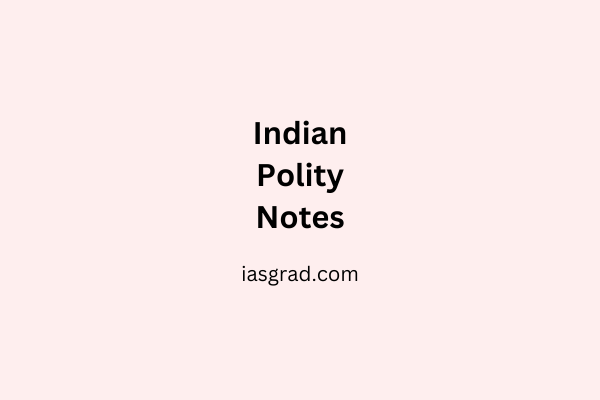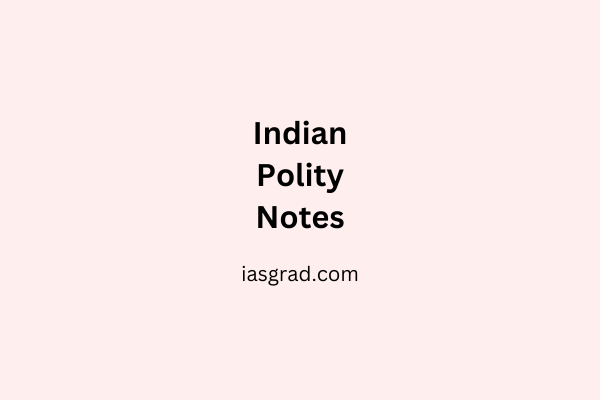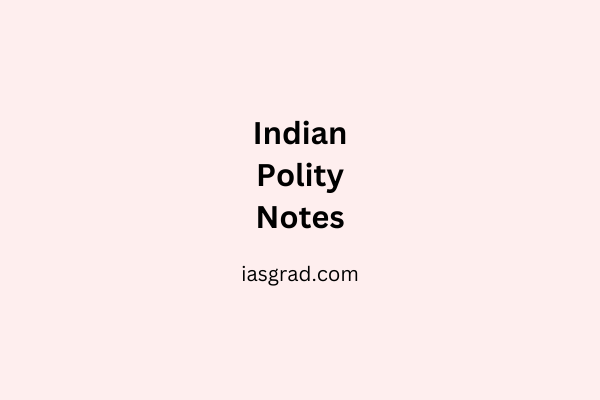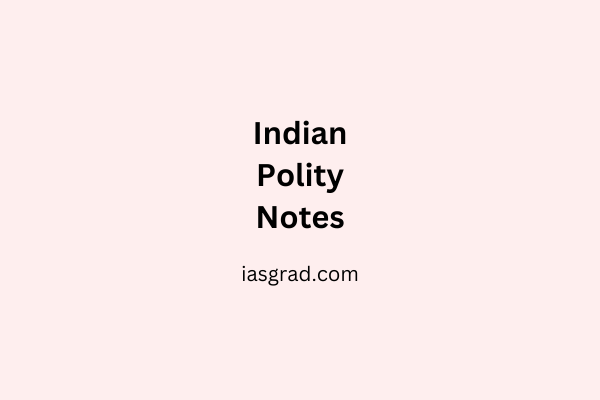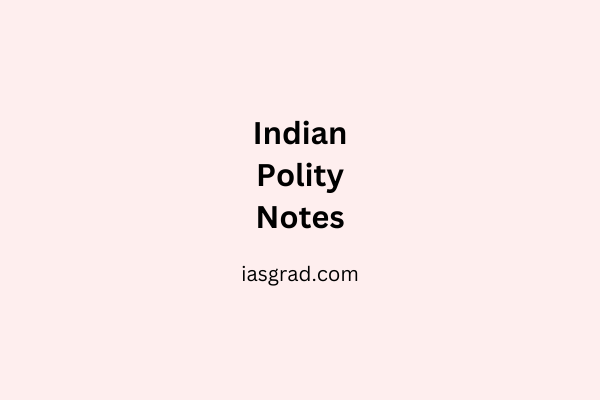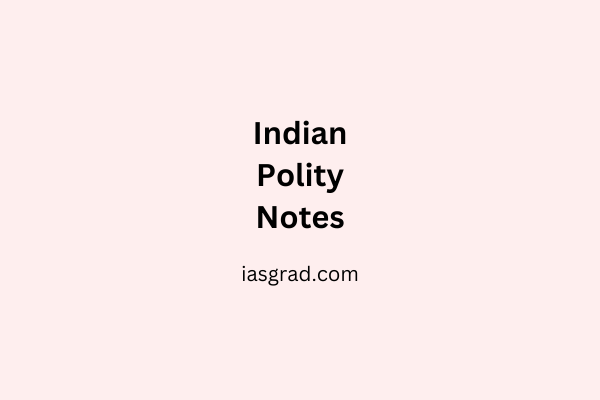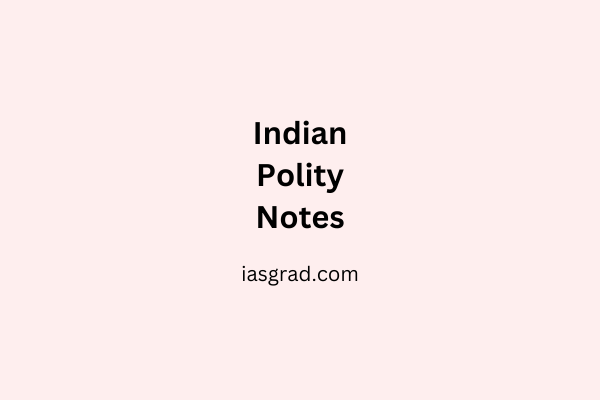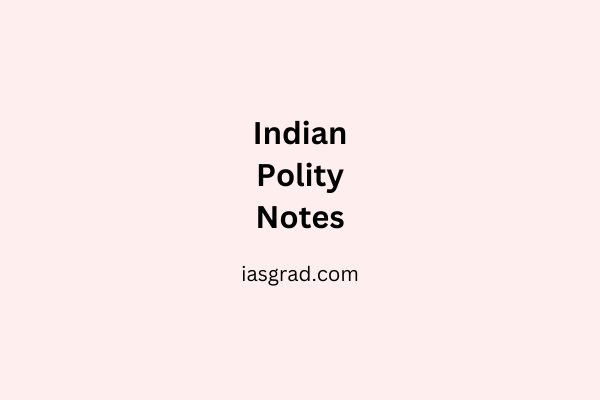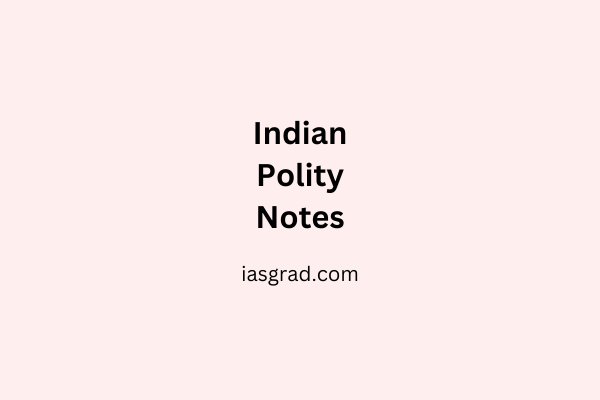Laxmikanth Chapter 34 Election Commission Notes
Election Commission Notes PART A: ELECTION COMMISSION OF INDIA (ECI) A. Constitutional Provision: Article 324: Establishes the Election Commission of India. Responsible for conducting elections to: Lok Sabha and Rajya Sabha State Legislative Assemblies Offices of President and Vice-President B. Composition: Post Details Chief Election Commissioner (CEC) Head of the ECI Other Election Commissioners Number […]
Laxmikanth Chapter 34 Election Commission Notes Read More »
